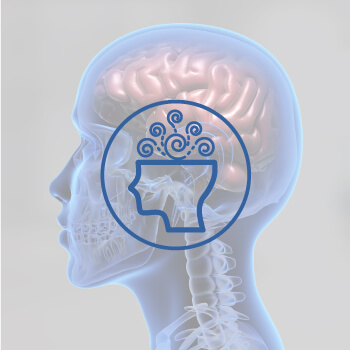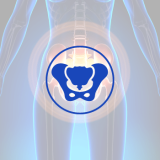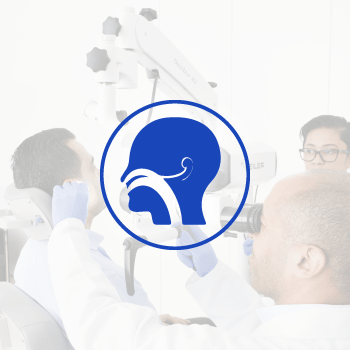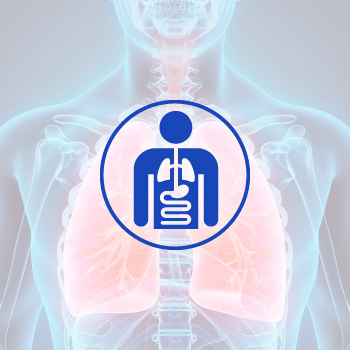WOMEN’S MENTAL HEALTH
Women experience unique mental health challenges shaped by hormonal shifts, life transitions, and evolving social roles. A comprehensive understanding of conditions like PMDD, perinatal mood disorders, and the manifestation of neurodiversity in women is vital for early diagnosis and effective care.
Premenstrual Dysphoric Disorder (PMDD)
PMDD is a severe, disabling form of premenstrual syndrome (PMS) that affects emotional and physical health in the luteal phase of the menstrual cycle.
- Overview
- Symptoms
- PMDD is a more severe form of Premenstrual Syndrome characterized by significant premenstrual mood disturbance, often with prominent mood reactivity and irritability.
- Symptoms of PMDD can emerge 1-2 weeks preceding menses and typically resolve with the onset of menses.
- This mood disturbance results in marked social or occupational impairment, with its most prominent effects in interpersonal functioning.
- A recent study found that women with untreated PMDD were likely to experience a loss of three quality-adjusted life years during their lifetime as a result of their premenstrual symptoms. This did not include menstruation-free periods, such as pregnancy, breastfeeding and menopause.
PMDD affects 3-8% of women in their reproductive years, with symptoms usually emerging during a woman’s twenties.
Psychological Symptoms
- Anxiety
- Feeling overwhelmed or out of control
- Increased depressed mood
- Irritability
- Mood Swings
- Sense of feeling overwhelmed
- Sensitivity to rejection
- Social withdrawal
- Sudden sadness or tearfulness
Physical Symptoms
- Abdominal bloating
- Appetite disturbance (usually increased)
- Breast tenderness
- Headaches
- Lethargy or fatigue
- Muscle aches and/or joint pain
- Sleep disturbance (usually hypersomnia)
- Swelling of extremities
Behavioral Symptoms
- Fatigue
- Forgetfulness
- Poor Concentration
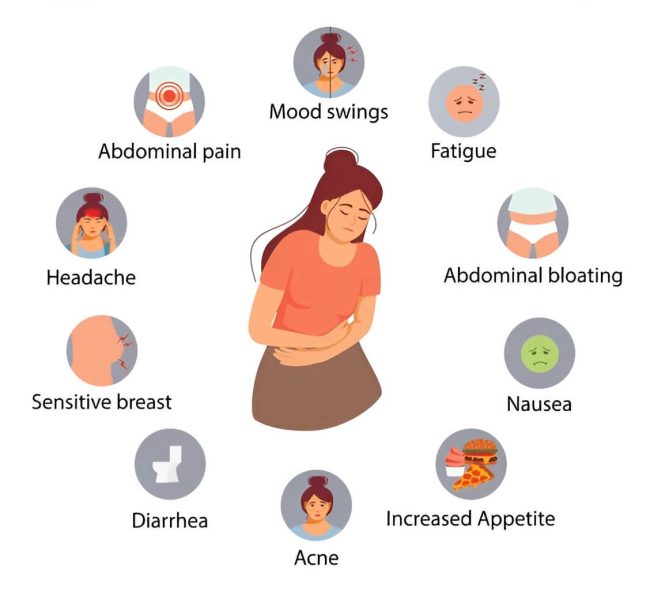
Perinatal Psychiatry (Antenatal & Postnatal Periods)
Perinatal psychiatry is a specialized area of mental health care that addresses psychiatric disorders during pregnancy (antenatal) and after childbirth (postnatal). Mental health conditions during this time are common, yet often underdiagnosed, due to overlapping symptoms with normal pregnancy/postpartum experiences. However, untreated perinatal mental illness can have serious consequences for both the mother and baby.
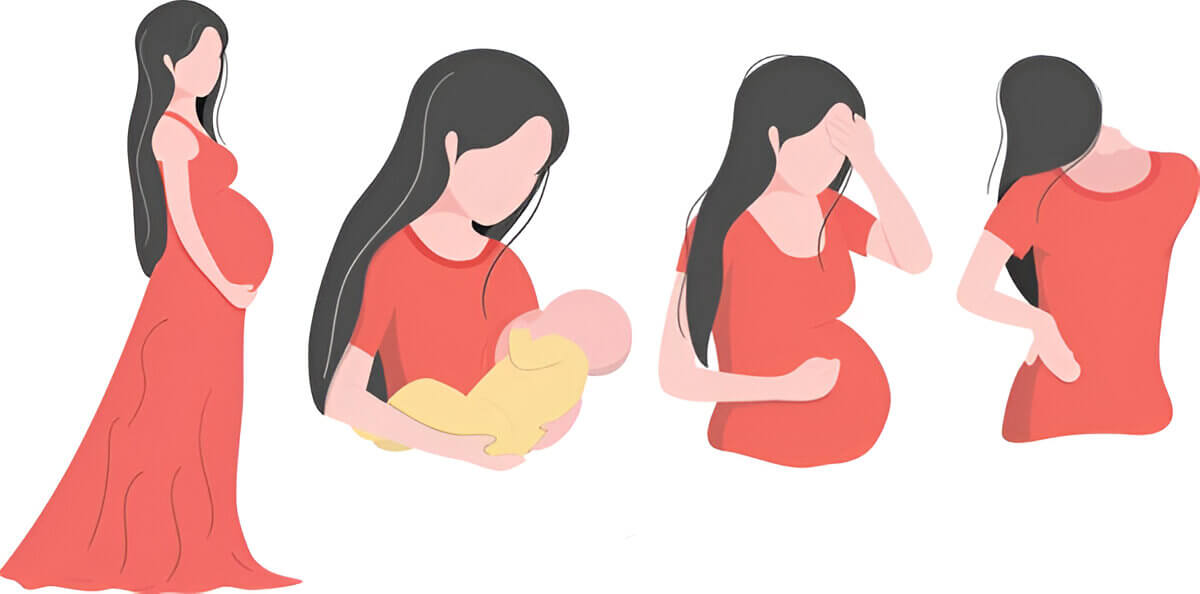
- Antenatal Mental Health (During Pregnancy)
- Postnatal Mental Health (After Birth)
Common Conditions: Antenatal depression, anxiety, obsessive-compulsive symptoms
Risks: Poor fetal development, preterm labor, postpartum psychiatric illness
Conditions:
- Postpartum Depression (PPD) – persistent sadness, guilt, and disconnection
- Postpartum Anxiety – excessive worry, panic attacks
- Postpartum Psychosis – hallucinations, delusions (a psychiatric emergency)
Contributing Factors
- Hormonal withdrawal after delivery
- Sleep deprivation
- Lack of support or previous psychiatric history
Perimenopausal Mood Disorders
Perimenopause (typically mid-40s to early 50s) involves hormonal fluctuations that can trigger or worsen mood disorders, especially in women with a past history of depression or PMDD.
- Symptoms
- Irritability, sadness, emotional lability
- Anxiety and low concentration
- Sleep disturbances
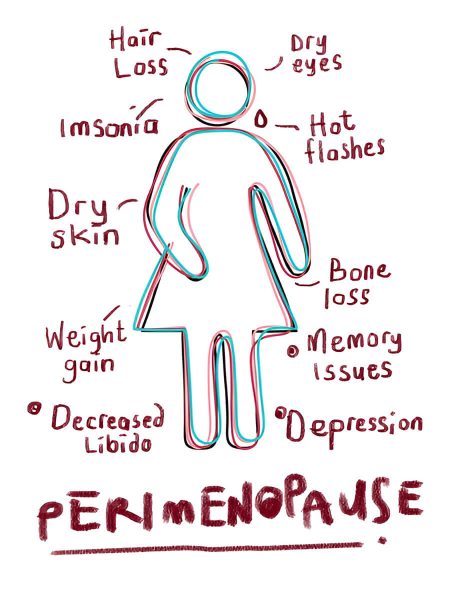
Neurodiversity in Women
Neurodiversity is a term that recognizes neurological differences as natural variations of the human brain rather than deficits. In women, these conditions are often underdiagnosed, misdiagnosed, or identified much later in life due to gendered biases in diagnostic criteria and social masking behaviors.
Diagnosis Barriers
- Misinterpreted as “just anxiety”
- Strong social coping skills can mask underlying dysfunction
- Symptoms are seen as character flaws rather than neurological differences
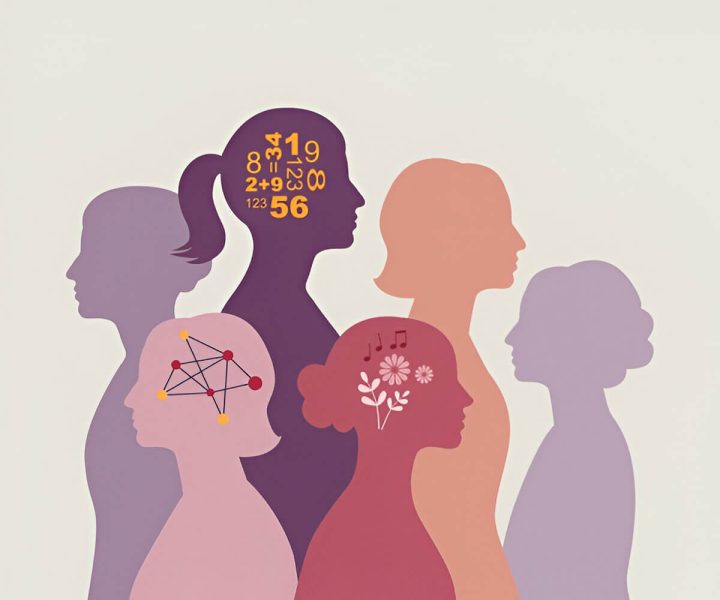
- Attention-Deficit/Hyperactivity Disorder (ADHD) in Women
Often underdiagnosed or misdiagnosed as anxiety or mood disorder.
Symptoms:
- Emotional dysregulation, restlessness
- Difficulty organizing, chronic lateness
- Masking behaviors to “fit in” socially
- Autism Spectrum Disorder (ASD) in Women
Frequently diagnosed late or overlooked due to high social camouflaging.
Presentation:
- Social exhaustion after masking
- Intense interests, sensory sensitivities
- Co-occurring anxiety or eating disorders








 أنقر هنا
أنقر هنا أنقر هنا
أنقر هنا
